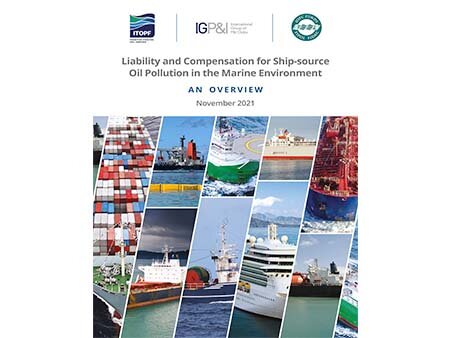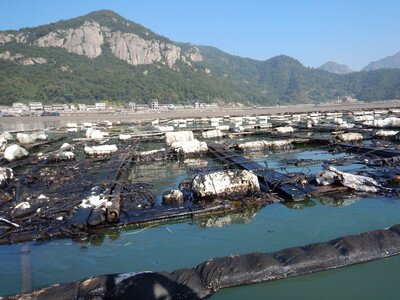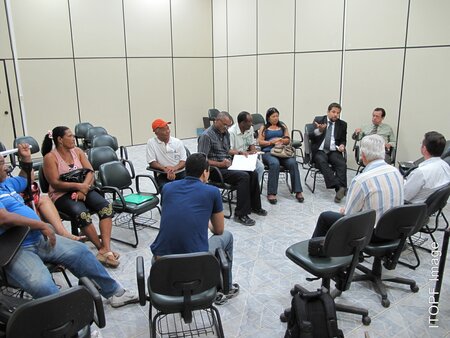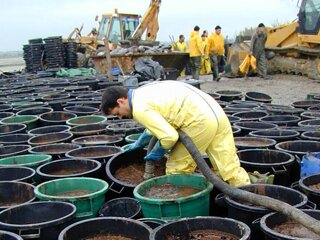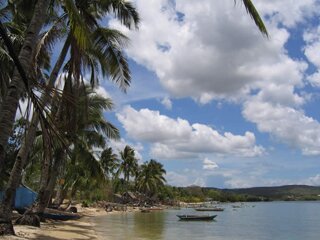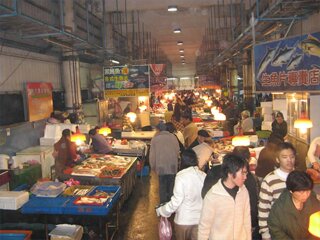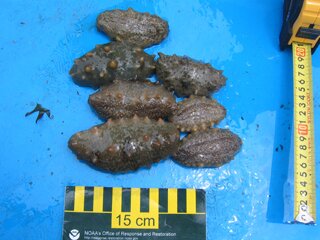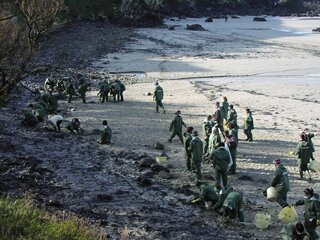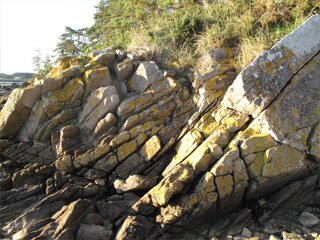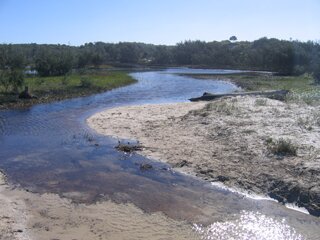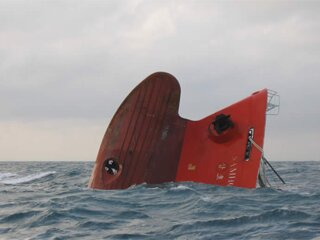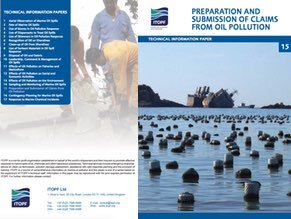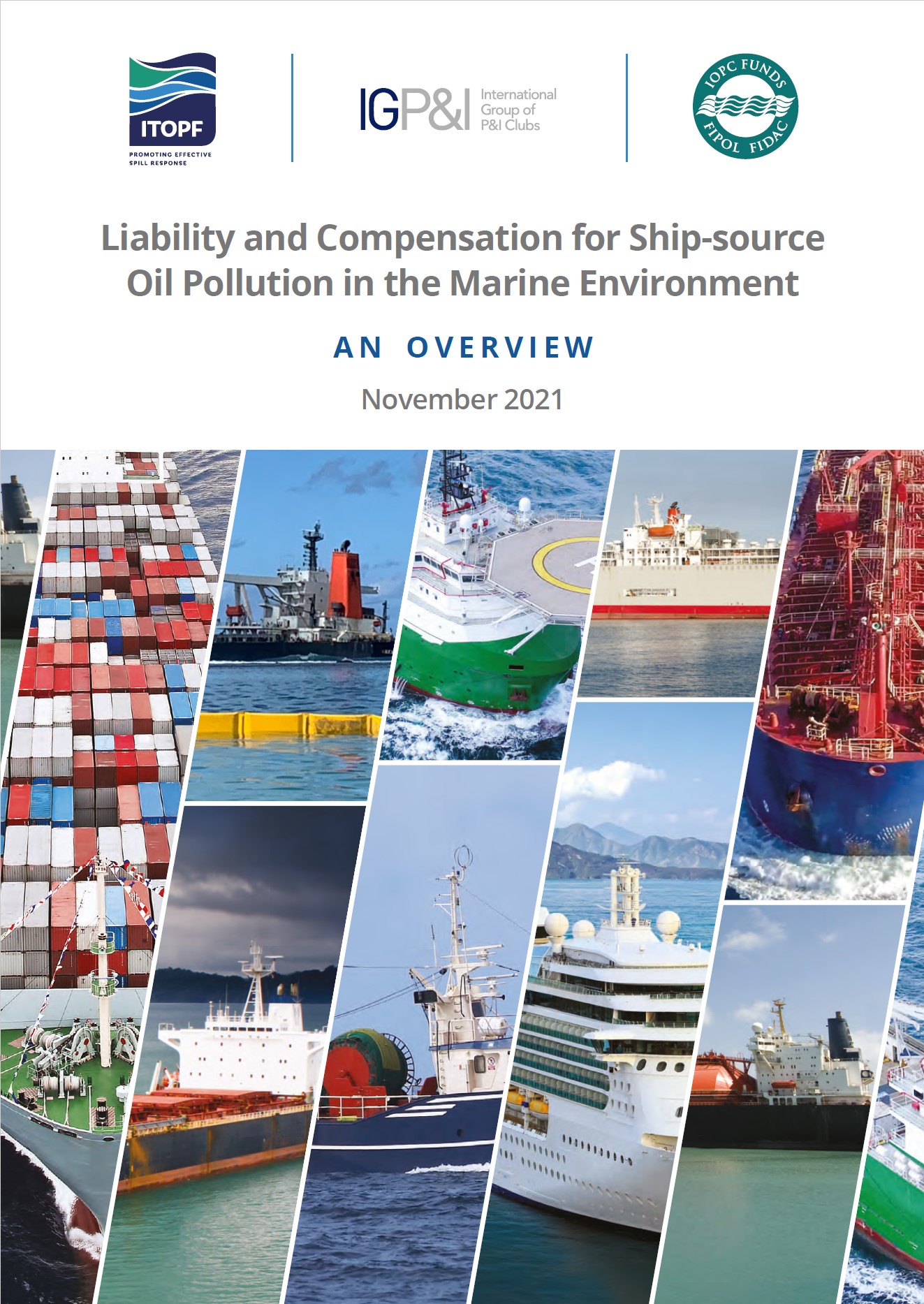Compensation for Ship-source Marine Oil Spills
A spill of oil from a ship can cause a financial loss for a variety of organisations and individuals. Despite the best efforts of those concerned, the resultant clean-up can be protracted and costly.
Oil may cause damage to property and lead to economic loss, particularly affecting fishing and tourism. Work may be required to restore parts of the marine environment affected by the oil. Those placed at a financial disadvantage as a result of a spill of oil may be eligible for compensation.
Legal Basis for Compensation
The payment of compensation for damage caused as a result of ship-source oil spills is dependent to a large extent upon the legal regime applicable within the country in which the incident or damage occurs.
Four International Conventions provide the basis for compensation in the majority of countries:
- The Civil Liability Convention (CLC) provides compensation for spills of persistent oil carried in tankers up to the shipowner's liability limit and is paid by the vessel's insurer.
- The Fund Convention provides a second tier of compensation for spills of persistent oil from tankers, paid by receivers of oil in countries that have signed the convention. A Supplementary Fund is available providing a third tier of compensation.
- The Bunkers Convention applies to spills of bunker oil from a variety of ships, again up to the shipowner's liability limit and is paid by the vessel's insurer.
- The Hazardous and Noxious Substances (HNS) Convention applies to spills of other oils such as non-persistent hydrocarbon oils, vegetable oils and chemicals, carried in bulk and in packaged form. The HNS Convention is not yet in force.
Although different in their application, these conventions have many principles in common. For example, they apply primarily to spills in the waters of countries that have signed that convention. A claim for reimbursement of losses can be made under the conventions without the need to prove that the owner of the ship causing the pollution was at fault. However, each has a time limit during which claims can be submitted.
In countries that have not signed an applicable convention, or when the convention is not yet in force, the availability of compensation will depend upon national legislation. For example, the Oil Pollution Act (OPA) in the United States, or Merchant Shipping Acts in the UK, India, Singapore etc.
Sources of Compensation
The majority of vessels operating in international trade are insured for third party liabilities by a Protection and Indemnity (P&I) Club. For oil pollution incidents, the P&I Clubs and other insurers may pay for losses up to the amount set by the applicable convention or national legislation. In most instances therefore, claims for compensation should be made to the shipowner or the insurer of the vessel.
Read more
For spills under the Fund Convention, compensation above the tanker-owners' liability limit may be available from the International Oil Pollution Compensation Funds (IOPC Funds) secretariat based in London. When the HNS Convention comes into force, the second tier of compensation, for claims above the shipowner's liability, may be administered by a comparable secretariat under similar circumstances.
An agreement exists between the P&I Clubs and IOPC Funds to share information during an incident, allowing claims to be coordinated between the two organisations. The Small Tanker Oil Pollution Indemnification Agreement (STOPIA) and the Tanker Oil Pollution Indemnification Agreement (TOPIA) have been established to balance compensation between shipowners and oil receivers.
Under certain circumstances, compensation may be available from a national government fund, for example if the shipowner has paid upto the applicable liability limit or the international conventions do not apply.
Claims
Irrespective of the expected source of compensation, the procedure for dealing with claims will usually follow a series of steps. It is the responsibility of the claimant to provide adequate evidence of their loss. The assessment may take the form of iterative exchanges between the claimant and those responsible for settling the claim, until the process has been completed. Further information and evidence may be requested during the process. In most cases, agreement on the amount of compensation to be paid is reached on an amicable basis.
The type of information required to support a claim depends upon the type of loss, in particular whether the loss is incurred as a result of the cost of responding to the incident or as a result of the effects of the oil on, for example, tourism or fisheries businesses. However, the quality of this documentation and other information required depends to a large extent upon the measures taken to record and preserve this information at the time the loss is incurred. Experts, including ITOPF, appointed by the body paying compensation can advise on this matter and on measures to mitigate losses.
It is important to note that under the International Conventions, the losses claimed should be technically reasonable. As such, a claim should be based on the actual costs or losses incurred and should not result in an excessive level of profit to the claimant.
The aim of the conventions is to place the injured party in a position as close as possible to that prior to the incident. To enable this, four primary groups of claims can be submitted:
- Clean-up and Preventive Measures - for the costs of work to recover spilled oil from the sea and sunken wrecks, to protect sensitive areas from contamination, and to clean affected shorelines and wildlife;
- Property Damage - for the costs of cleaning, repair or replacement of oiled property;
- Economic Loss - for losses incurred as a result of spilled oil, either as a consequence of contaminated property or other reasons; and
- Environmental Damage - work undertaken to monitor and accelerate the natural recovery of damaged areas.
- Also, under the HNS Convention, claims for death and personal injury are allowed.
Costs of spills
The cost of oil spills varies considerably from one incident to another, depending on a number of interrelated factors. The type of oil, the location of the spill and the characteristics of the affected area are generally the most important technical factors. However, the quality of the contingency plan and of the management and control of the actual response operations are also crucial.
Explore Documents on Compensation
Liability and compensation for ship-source oil pollution in the marine environment. An overview (2021)
This booklet, written together with the International Group of P&I Clubs and the IOPC Funds, provides an overview of the international, and selected national, arrangements in place for compensation of costs arising from pollution damage caused by oil spills from ships in the marine environment, and some background on ‘who pays’.
Categories: Compensation, Papers
Environmental damage compensation in China following ship-source oil spills (2018)
This paper introduces the types of environmental damage claims typically presented following a substantial oil spill in China, and the basis for these damage claims. By discussing how these claims were quantified and eventually settled, this paper aims to illustrate how environmental damage has been interpreted in China, and how the concept has evolved over the years. This paper highlights a number of recent changes in legislation which can be expected to lead future discussion on environmental damage compensation into uncharted waters.
Categories: Compensation, Papers
The International law regarding ship-source pollution liability and compensation: Evolution and current challenges (2017)
This paper looks at the history and evolution of the international law regarding
ship-source pollution liability and compensation, established and strengthened over the last
50 years into what is today considered as a comprehensive and uniform regime. The
principles that underpin this regime are the result of compromises between States and industry, lessons learned from past incidents and have been adhered to by the vast majority of
countries in the world, denoting the success of the regime.
Categories: Compensation, Papers
Comparative costs of low technology shoreline cleaning methods (1999)
This paper examines the trends in costs associated with the various low technology shoreline clean-up methods that were used in the response to the SEA EMPRESS incident, by drawing on information gathered during the response and the subsequent claims for compensation from the local government councils involved.
Categories: Response Techniques, Compensation, Papers
The cost of oil spills from tankers: An analysis of IOPC Fund incidents (1999)
The 1971 and 1992 International Oil Pollution Compensation Funds ("IOPC Funds") provide compensation to the victims of oil spills from tankers in countries which have ratified the 1971 and 1992 Fund Conventions.
Categories: Compensation, Papers
Admissibility of claims for compensation for environmental damage under the 1992 Civil Liability and Fund Conventions (2001)
The definition of Pollution Damage in the 1992 Civil Liability and Fund Conventions provides that "compensation for impairment of the environment other than loss of profit from such impairment shall be limited to costs of reasonable measures of reinstatement actually undertaken or to be undertaken".
Categories: Compensation, Papers
Factors affecting the cost of oil spills (2002)
The NAKHODKA and ERIKA oil spills in Japan and France, respectively, have once again focused the attention of politicians, regulators, the media and claimants on the potentially high cost of such events and the adequacy of the current international compensation arrangements.
Categories: Compensation, Papers
Facilitating the speedy payment of oil spill compensation claims Under the CLC and Fund Convention (2002)
The prompt settlement of claims for compensation following oil spills from tankers is in everyone's interests, especially those who have incurred clean-up costs, had their property contaminated or suffered economic losses.
Categories: Compensation, Papers
Factors that determine the cost of oil spills (2003)
The NAKHODKA and ERIKA oil spills in Japan and France, respectively, have once again focused attention on the potentially high cost of such events and the adequacy of the current international compensation arrangements. This prompted a study by the International Group of P&I Clubs of the costs of 360 oil spills occurring outside of the USA between 1990 and 1999.
Categories: Compensation, Papers
Compensation for environmental damage caused by oil spills: an international perspective (2006)
Compensation for clean up costs and damages caused by oil spills from tankers is governed in many maritime nations by two International Conventions, the Civil Liability Convention (CLC) and the International Convention on the Establishment of an International Fund for Compensation for Oil Pollution Damage (FC).
Categories: Compensation, Damage Assessment, Papers
Approaches to environmental damage claims (2009)
This paper examines the differences between the approaches to environmental damage compensation under the US 1990 Oil Spill Pollution Act and the international regime.
Categories: Environmental effects, Compensation, Damage Assessment, Papers
Weighing up the risks and costs (removal of oil and chemicals from sunken wrecks) (2009)
Almost one in every five incidents attended by ITOPF in the last five years has involved sunken wrecks and the removal of oil or chemicals from below the sea surface or at least consideration of the feasibility of such operations.
Categories: HNS, Oil, Compensation, Papers
TIP 15: Preparation and submission of claims from oil pollution
This paper provides guidance on the information to be recorded and the documentation or other evidence required to support a claim. The process by which a claim should be compiled and submitted is also outlined. This paper is applicable primarily to spills of oil from ships although many of the points raised will be relevant to spills of oil from other sources
Categories: Compensation, Technical Information Paper (TIPS)

